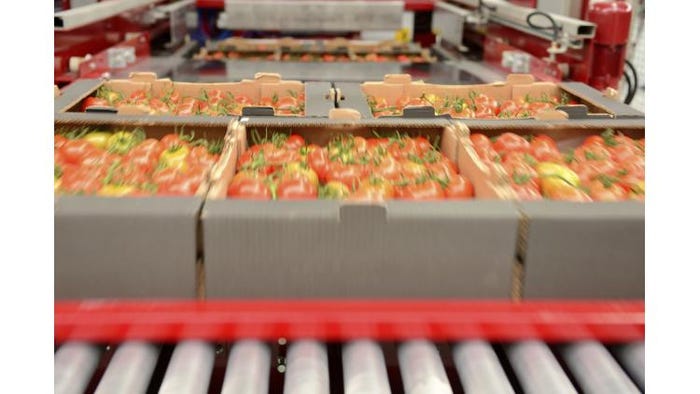September 13, 2016

Adhesives represent just a small fraction of packaging’s overall costs, but they are increasingly critical in enabling sustainability and furthering the effectiveness of packaging materials. In food and beverage packaging, adhesives also are tasked with helping protect the global food supply.
As it turns out, we need all the help we can get.
In 2015, the U.S. Environmental Protection Agency reported the country produced more than 250 million tons of household waste (trash, recyclables and compost). What’s more, nearly 25% to 40% of food grown, processed and transported in the U.S. goes uneaten.
With those numbers, it’s safe to say we have a food waste crisis. Fortunately, adhesives can enable sustainable food packaging that prevents food waste. Here’s how the right specialized adhesive can help companies avoid piecemeal packaging approaches.
Food for thought
What is a “piecemeal” packaging approach?
That’s when problems in one area are addressed while issues in other areas are ignored or even created. For example, recycled corrugated packaging is a plus for sustainability, but if the material isn’t compatible with the adhesive, then the benefit is lost. In this case, a box of fruit or vegetables may fall apart if the adhesive is unable to keep a long-lasting seal, leading to food waste.
That’s why specialized adhesives are especially critical in enabling sustainable packaging. These adhesives are specifically designed for their application(s). To use the recycled corrugated example again, a specialized adhesive can be specifically created for this material, not only preventing food waste but also increasing sustainability. This type of approach sidesteps piecemeal solutions.

The right adhesive can keep recycled corrugated trays for produce from falling apart.
What’s next?
Packaging and adhesives are changing rapidly. Flexible packaging, recycling and design innovations are just a few of the latest trends. For the last few years, they have all been at the industry’s forefront—and for good reason.
And adhesives are helping address these packaging trends in a big way.
After all, adhesives are, literally, the glue that holds packaging together. New solutions, including specialized adhesives, enable manufacturers and designers to create packaging that is more sustainable and protects our food supply—not only in the U.S., but across the world.
Take today’s thinner plastic beverage bottles. While they boost sustainability by using less materials, a thinner bottle is a more flexible one, making it harder to automatically apply labels to them. Specialized adhesives not only aid in the packaging system’s sustainability, but also protect the quality of the product and the customer’s brand.
Protecting the global food supply in a sustainable manner is a team effort that will take more than just great packaging and adhesives to solve. But working together, they have already made a big impact in reducing food waste. We’re excited to see what’s next.

Steve Ringsdore, vp, H.B. Fuller, has more than 30 years of adhesive industry experience. He joined H.B. Fuller in 2009 as vp for the Europe, India, Middle East and Africa (EIMEA) region, moving to the U.S. in 2012 to serve as vp in the company’s Americas Adhesives region. Prior to H.B. Fuller, Ringsdore built a 25-year career at National Starch and Chemical. He earned his bachelor’s degree in economic history from Southampton University (United Kingdom).
*************************************************************************************************
Explore cutting-edge packaging, manufacturing and automation solutions from hundreds of exhibitors at MinnPack 2016 (Sept. 21-22; Minneapolis). Use discount code PDigest16 to get 20% off your conference registration.
About the Author(s)
You May Also Like


